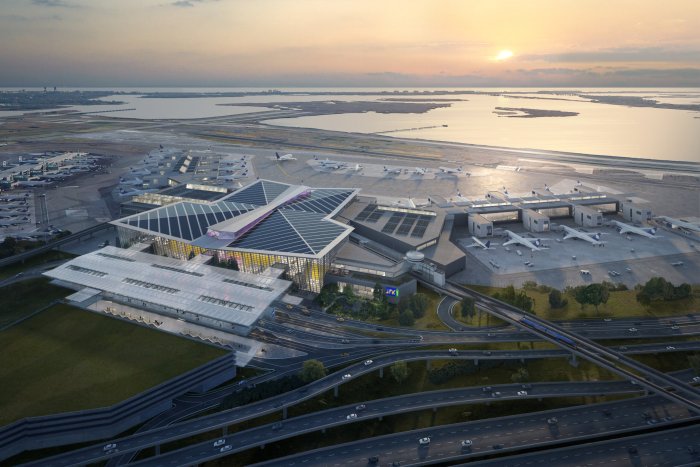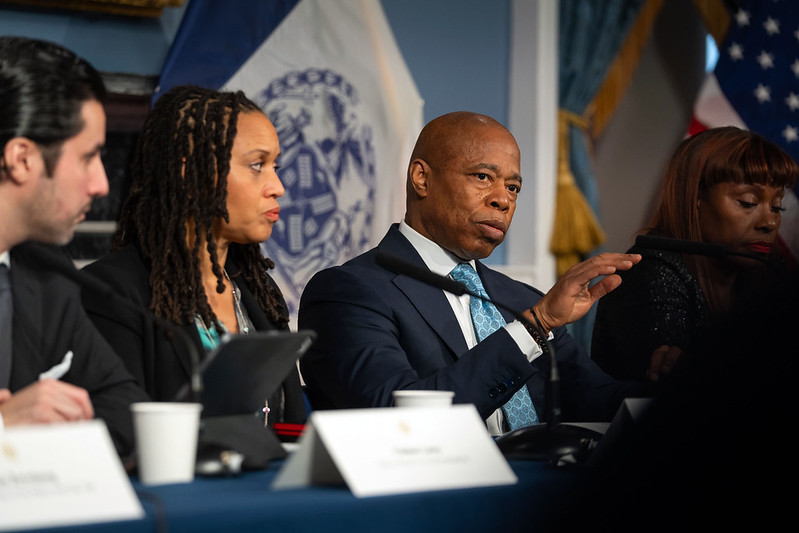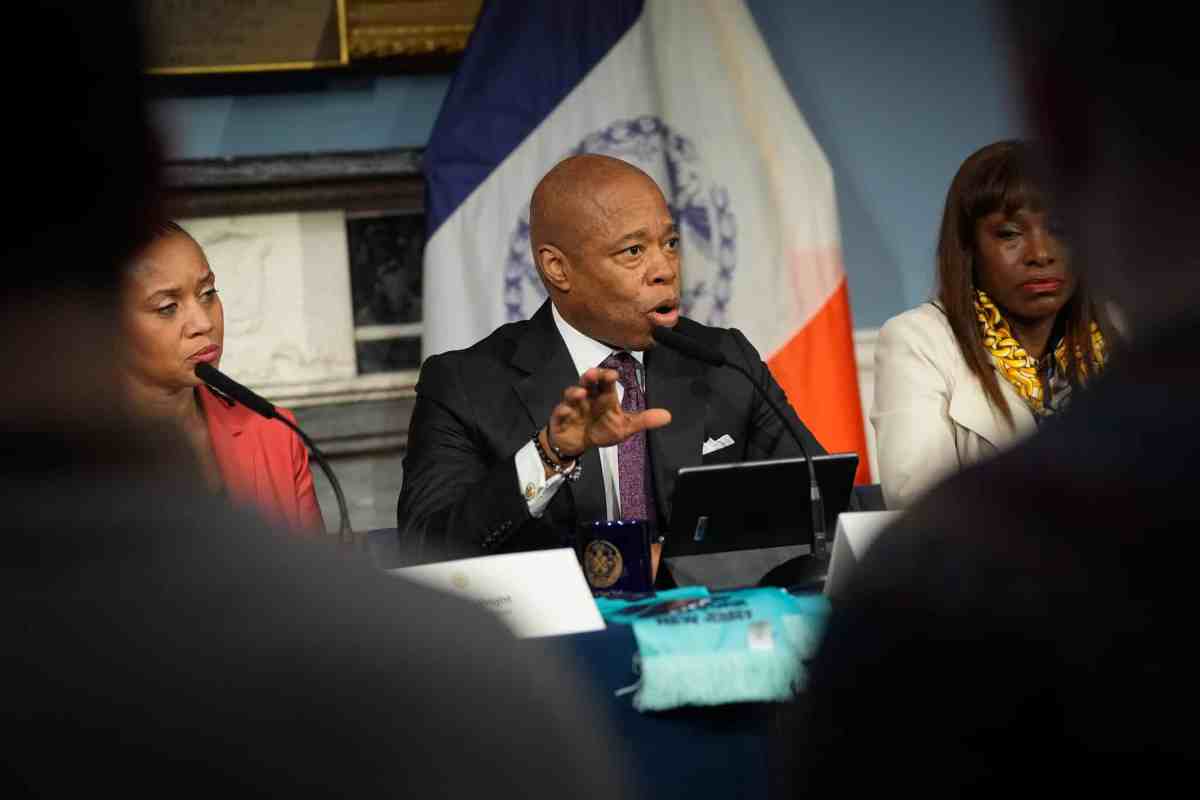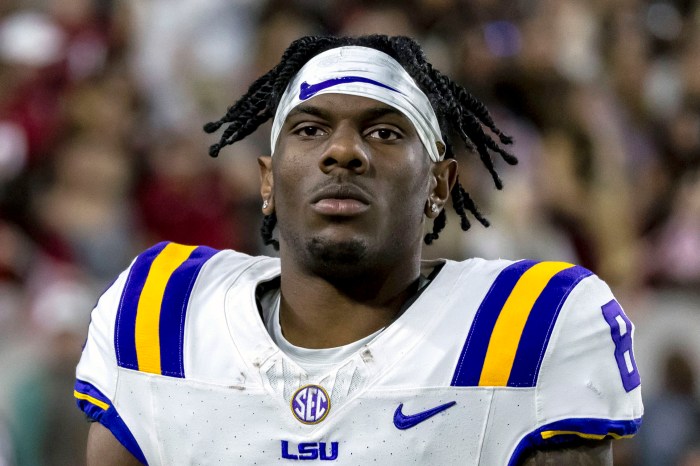By William Lewis
Rudy Giuliani achieved prominence in federal law enforcement early in his career. Within two years after graduating from New York University Law School, he began working for the U.S. attorney’s office. A brief time after that he became chief of the Narcotics Unit and later executive U.S. attorney.
In the late 1970s, Giuliani spent several years in private law practice after returning to New York City, but it was in 1983 when Giuliani reached the position that gave him the notoriety and name recognition needed to help him gain the support to be nominated for mayor. That position was U.S. attorney for the Southern District of New York, where he led an effort to fight organized crime and prosecute drug dealers and white collar criminals.
It was during that time that his name recognition increased with his appearance on television, and the various forms of news media gave him the public image as a crime fighter, which contributed to making him a serious candidate for public office.
Giuliani ran three times for mayor, losing the first time to David Dinkins by a narrow margin in 1989.
He was first elected in 1993 as the Republican and Liberal Party candidate. He also had the benefit of a third Independence Party line.
He increased his reputation with a strong approach to law and order issues.
It was in the New York governor’s race in 1994 that Giuliani left his political legacy, when several weeks before the fall election that year he publicly endorsed incumbent Democratic Gov. Mario Cuomo over Republican challenger state Sen. George Pataki.
This supporting of an incumbent Democrat for the highest office in New York state, it would seem, did not help his future career in Republican politics.
Although Giuliani was re-elected in 1997, it would be the last time he would hold public office.
Giuliani had several opportunities after leaving office as mayor to run for governor or U.S. Senate. He chose not to. Giuliani apparently had in mind to run for president without first serving in the U.S. Senate or as governor.
No mayor has gone on to higher office since the 1850s although many have tried, including Mayors Fiorello LaGuardia, Robert Wagner, John Lindsay and Ed Koch.
As a former mayor, he entered the Republican presidential primary in 2008. Without the background of serving as senator or governor, his candidacy did not go far. He dropped out of the New Hampshire primary when he started to decline in the polls and set his sights on the Florida Republican primary. That state has a lot of former New Yorkers, especially from the city.
It did not help him much. Registered Republicans in Florida gave him 15 percent of the primary vote. That brought an end to Giuliani’s presidential ambitions.
Giuliani would not run for public office again, although he would remain active in politics. He was visible at the 2008 Republican convention.
It was 2013 that brought Giuliani to the forefront of political involvement in his dedicated support of Joseph Lhota, his former deputy mayor and former head of the Metropolitan Transportation Authority, during the Republican primary. To some political observers it seemed like he was running for re-election as mayor, rather than just campaigning for Lhota with his constant speeches and appearances on behalf of Lhota.
Rarely has a prominent supporter of a candidate running for a high public office campaigned so aggressively as Giuliani did during the primary.
Throughout the fall general election, just the opposite was true with Giuliani rarely being seen in support of Lhota. This raises the question as to how and when Giuliani’s support is helpful in political races. At any rate, we will probably be seeing Giuliani campaigning in future races.































